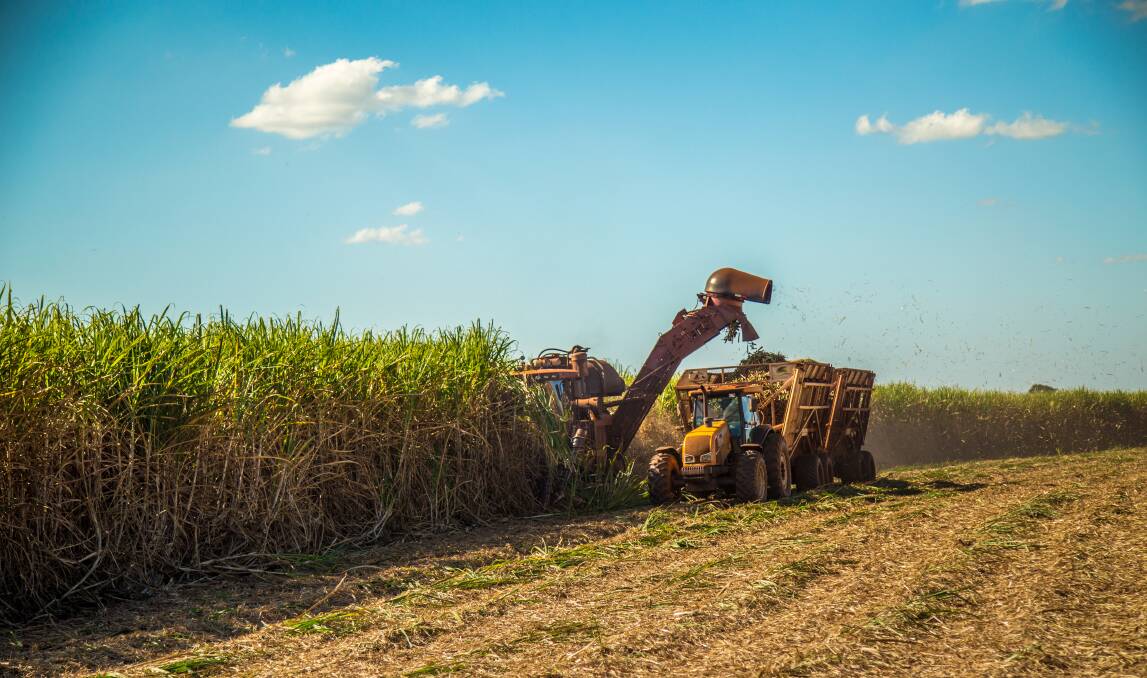With so many developed nations pledging to go net zero on carbon dioxide emissions, and many also planning to phase out internal combustion vehicles, I really don't know what the exit strategy is for vehicle fuel retailers.
It would have made a lot more sense to me if they'd all got behind ethanol (and biodiesel) before any governments had come up with such policies. That is, supplying them everywhere at a fair price (not limiting availability and price gouging; seriously, if ethanol makes E10 cheaper for taxation reasons, how can E85 be more expensive?), plus promoting their benefits (eg. ethanol is a high-performance fuel) and how to get their cars to use them (if they can't already).

Meanwhile, I'm not sure if wheat, potato, corn and sugar farmers are worried about the whole world realising that excess simple carbs (sugars and starches) are what actually makes a human (or pet) seriously overweight.
Where am I going with this? Let me tie these two concepts together for you.
There are some valid arguments against biofuels, such as they still require energy to change them from crops into fuel. Although some of Brazil's ethanol plants power themselves with waste product, or renewable electricity could be used instead. So it doesn't have to result in anything other than net zero carbon emissions from having pulled the carbon out of the atmosphere to begin with.
Biofuels also tend to be higher emitters of regulated emissions when the engine is cold but record lower numbers when compared at operating temperature. But then, they do tend to cause more ozone to be in the lower atmosphere which can result in smog build-up. This is obviously bad in cities but not likely a concern in quieter regional areas.
However, the main argument against biofuels is it tends to require land used for food production. I have always countered that by pointing out some of the feedstocks that can make ethanol are the same that are used to make colossal quantities of processed junk that no living thing need ever consume. They also fill processed foods with unnecessary sugar or coat them with equally unnecessary flour. Such absurd junk makes you obese, ruins your teeth, hinders your gut health and increases the risk of diabetes, all while providing little to no nutrition.
Personally I chose to be ketogenic (and not with magic pills, just real foods with barely any simple carbs) several years ago and my office worker body is much better for it.
Anyway, the overall solution that I see is diversity, and an increase in transport efficiencies, including not commuting nor travelling when you don't have to. That's because every energy for transport has problems.
There's no way to offset all the CO2 emitted by crude oil fuels, and they cause way more pollution than that, so it does have to go.
Ethanol we just discussed, but we can still only make so much with biological methods.
Biodiesels also take resources to produce, and in high or pure concentrations they don't really play well with particulate filters in road vehicles (not burning hot enough to clean them), but they are renewable and suitable for freight and machinery and old diesel vehicles. If made by clearing palm oil forests they're worse for the planet, but if made from a hardy plant like safflower you get a very high quality lubricant or fuel, or cooking oil.
Lithium-ion batteries need mining resources that makes electric car production environmentally damaging, and producing one puts out lots of CO2. They too consume at least some coal to obtain energy until it is also phased out, but even with coal on the grid they cause less CO2 over their useful life than equivalent petrol cars. However, that manufacturing process alone means they're definitely not zero emissions either.
Hydrogen (H2) offers fast refuelling and fuel cells only emit water vapour, but there is very little green (renewable) production right now and a finite amount of platinum (Pt) available. Pt is the ideal catalyst in a fuel cell, and substitutes tested so far are only 60-70 percent efficient. Petrol motors can also convert to H2, but they make far less power as a result and they would still cause smog.
However, if there is a variety of renewable energy sources to suit different geographic densities and different types of users, it will minimise each one's negative impact.

